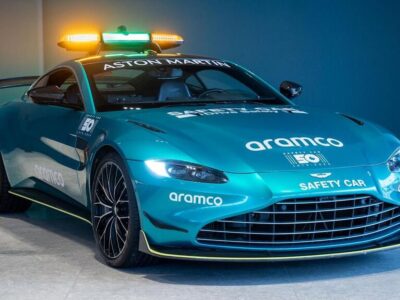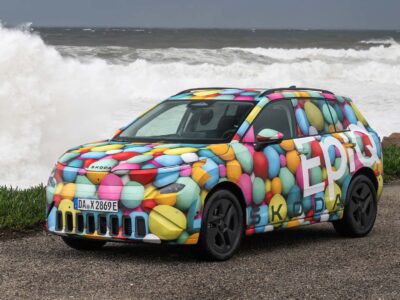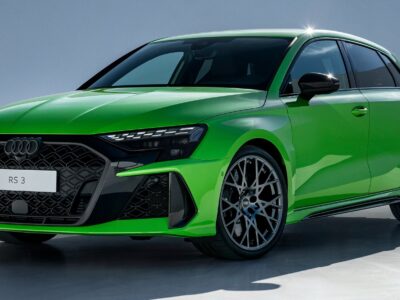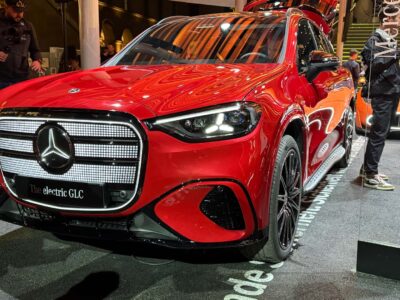
The next generation of Volvo electric cars will feature sharper information and entertainment interfaces from an unconventional source.
Volvo announced on Wednesday that it will partner with Epic Games, the studio behind “Fortnite,” to use Epic’s Unreal Engine in the upcoming cars. This will enable “unparalleled high-quality graphics,” Volvo promised in a press release.
The use of Unreal Engine will initially focus on the driver’s display, Volvo said, and it will allow for sharper graphics, richer colors, and 3D animations.
Partnership between Volvo and Epic Games
The Unreal Engine will be paired with third-generation Qualcomm Snapdragon chips, making the next-generation infotainment system more than twice as fast as its predecessor, according to Volvo. Graphics generation and processing will be up to 10 times faster, claims the automaker.
The first car to feature the new graphics will be a fully electric flagship model that Volvo plans to unveil later this year. This will be the first of a new generation of electric vehicles to be launched by the end of the decade. Volvo aims to be fully electric by 2030.
Volvo claims to be the first European automaker to use the Unreal Engine, but it is also used in the GMC Hummer EV, providing graphics for its moonshot-influenced interface for the Watts to Freedom (WTF) launch mode.
Car manufacturers have seen electric vehicles as the place to introduce complex and entirely new interfaces, such as the Mercedes-Benz Hyperscreen. However, Consumer Reports has noted that this trend of introducing complex interfaces in electric vehicles has made them more prone to problems than other models.
Meanwhile, it appears that Volvo’s cousin, Polestar, will delve even further into the Google ecosystem. The brand already uses an Android-based operating system, but a next-generation interface showcased in 2020 had even greater integration of the Google Assistant, which, according to Polestar, would allow for more extensive customization.







